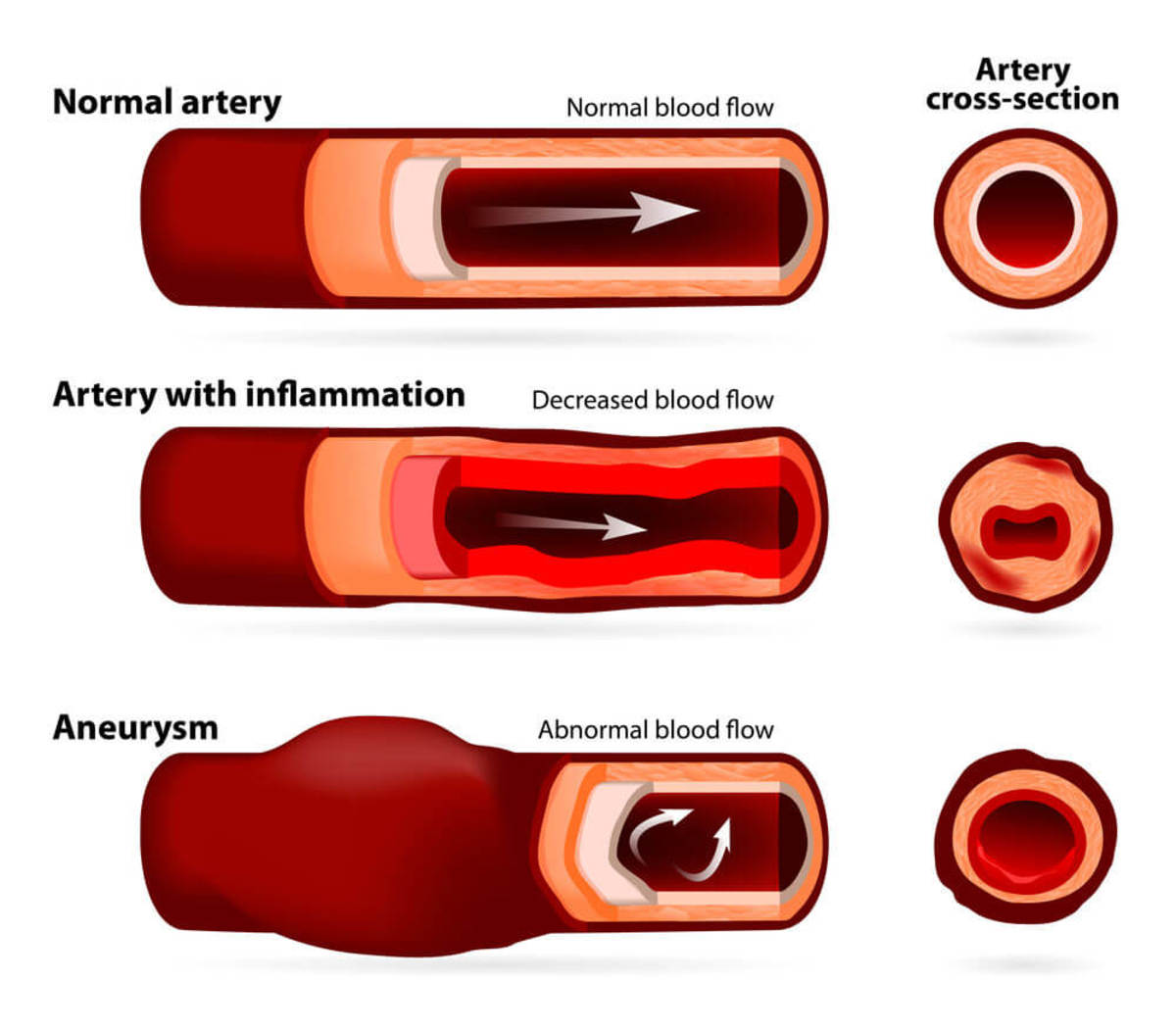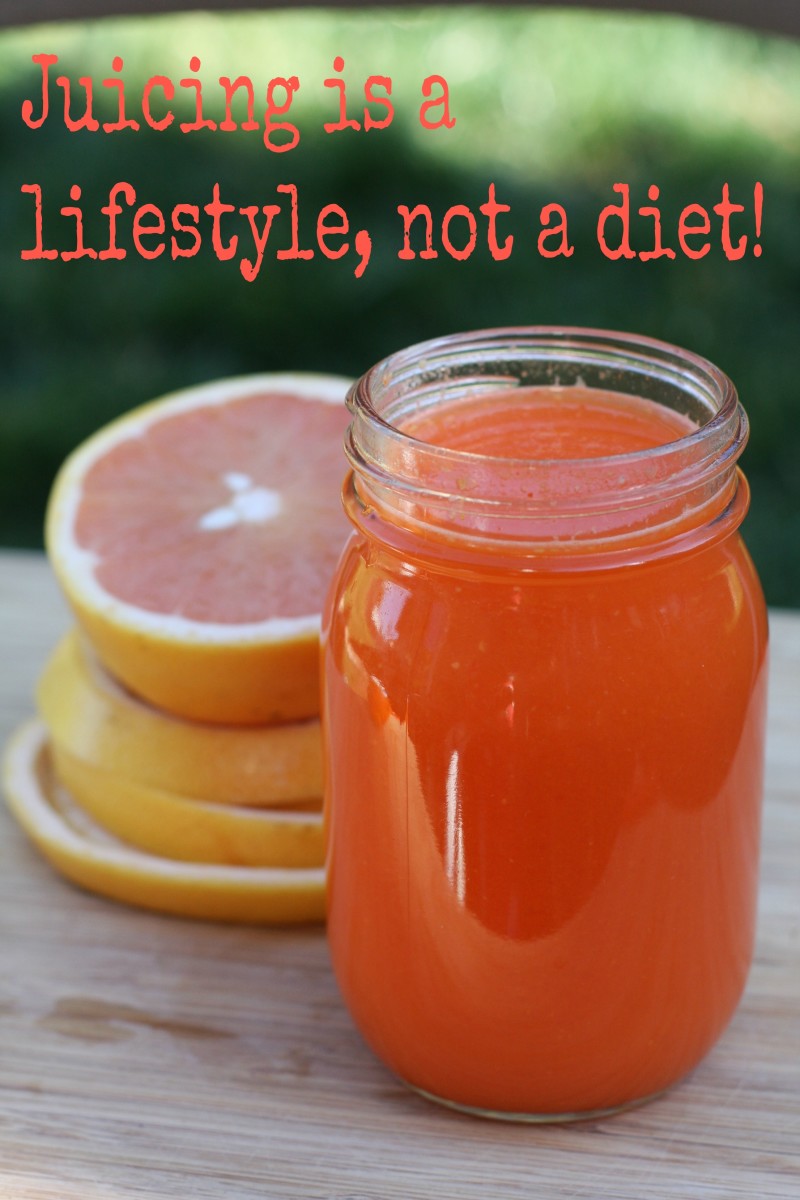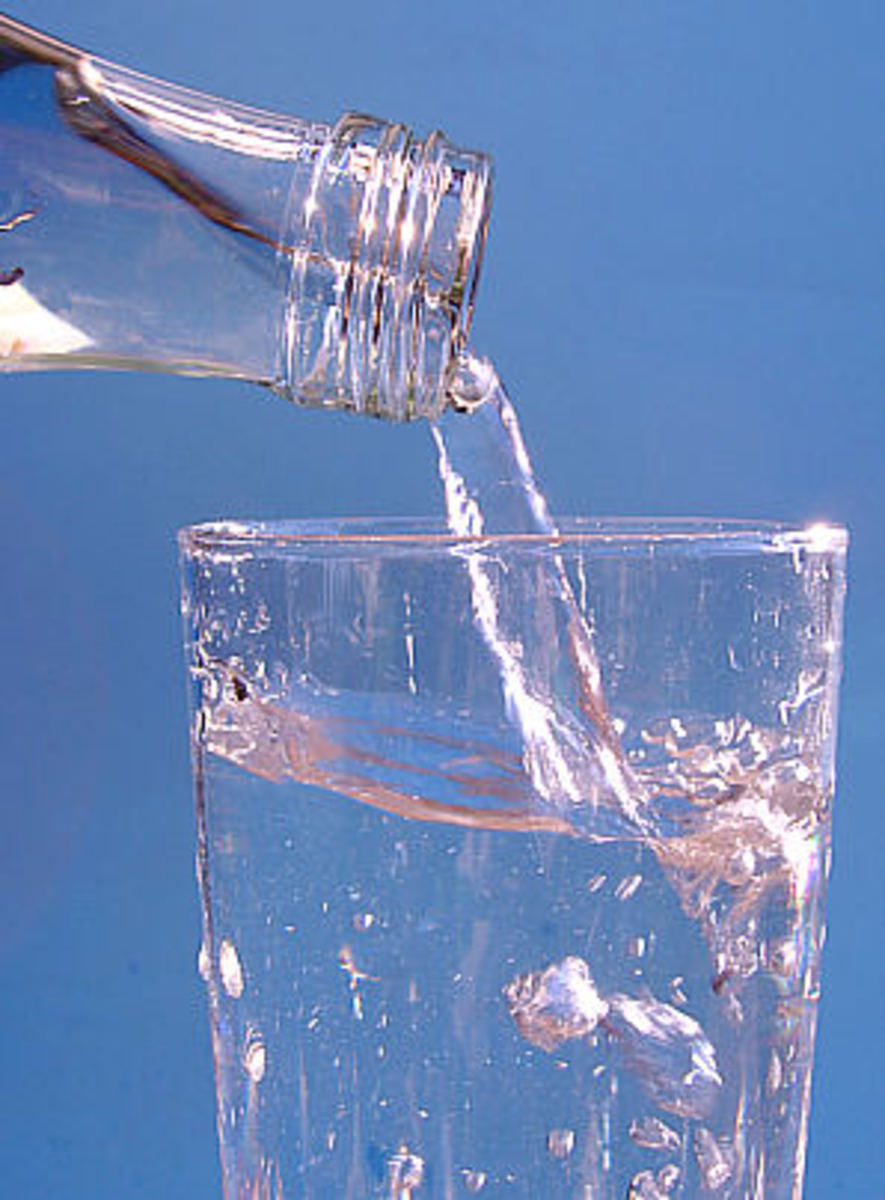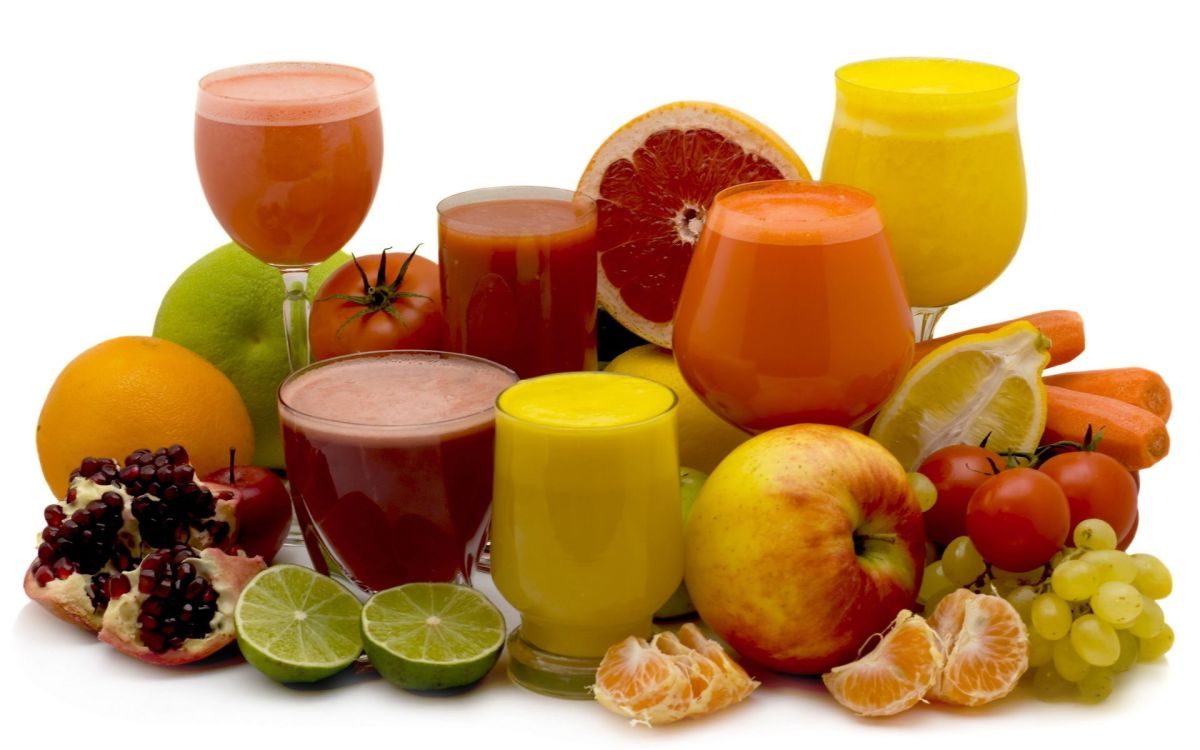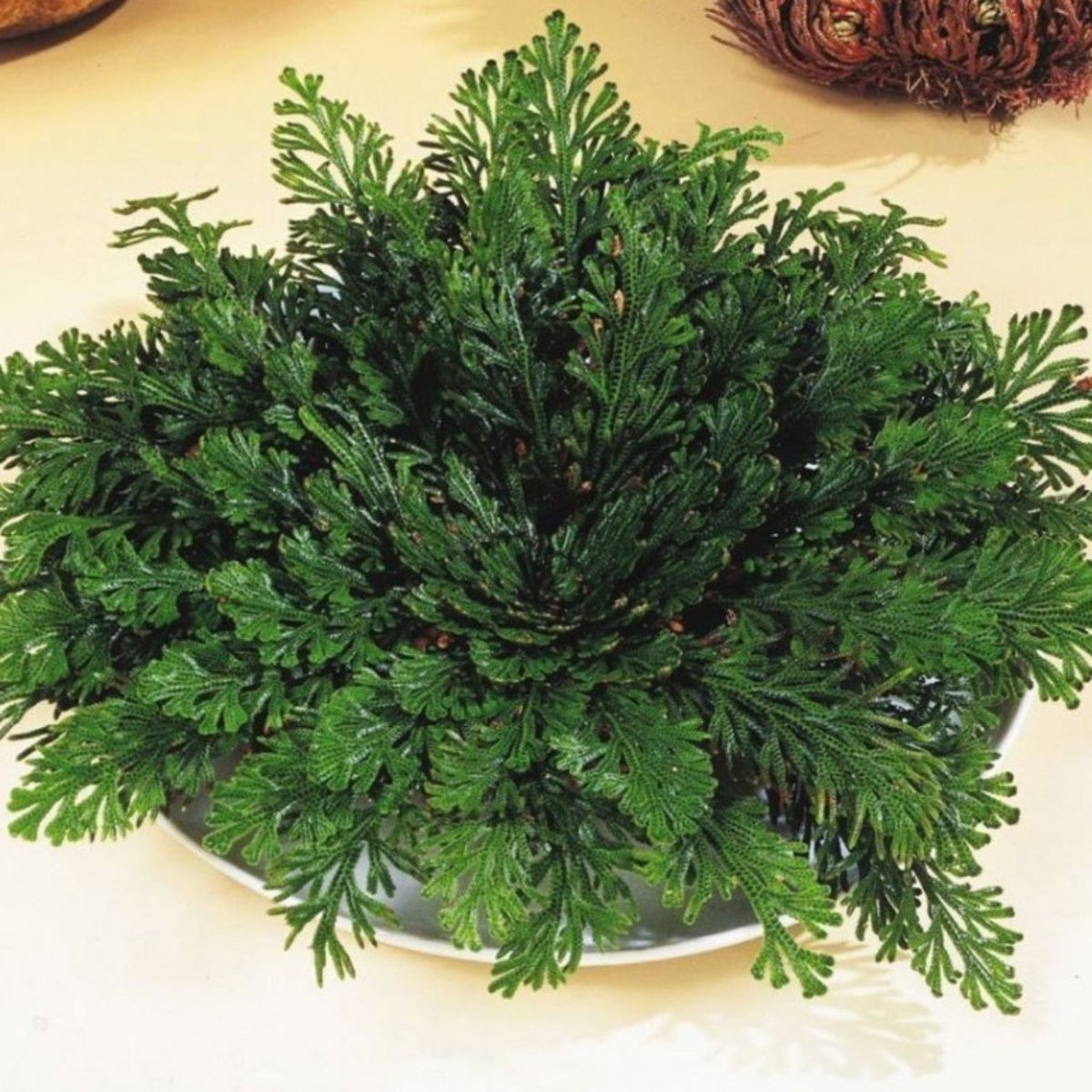How to Avoid Stroke With Preventive Lifestyle.

Don't Smoke.
Cigarettes and other tobacco containing products are proven to increase the risk of stroke. The sooner a person stop smoking the better, as a study says that after 2 until 5 years quit smoking a person has lower tendency to get stroke than a persistent smoker.

You are what you eat.
1. Eat Enough Fruits and Vegetables Every Day :
Fruits and vegetables are rich of potassium, a substance which is needed in heart attack and stroke prevention. World Health Organization (WHO) recommends us to consume 5 servings (an amount equals 400-500 grams) of fruits and vegetables a day.
Daily consumption of potassium-rich food, according to research, may lessen up to 40% of the risk of stroke, Foods known with their high potassium are green vegetables, banana, potato, soy beans, apricot, papaya, melon, mango, avocado, carrots, tomato, salmon, tuna, peanut.
The function of potassium is to improve blood streams in blood vessels preventing clogs which cause stroke.
2. Eat Healthy Food :
Foods which contain low fat, saturated fat and cholesterol are good and eating various orange-colored fruits and green vegetables are very recommendable for stroke prevention.
3. Avoid Salt and Salty Foods :
Avoid food which contains too much salt. Some foods like preserved food (salty fish, pickles), fast food, instant foods, instant noodles, etc, contain a lot of salt.
If you think you have to add salt to your food, try not to use it more than 1 teaspoon (around 5 grams) a day.
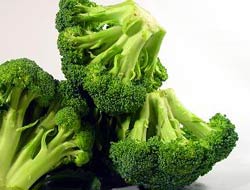
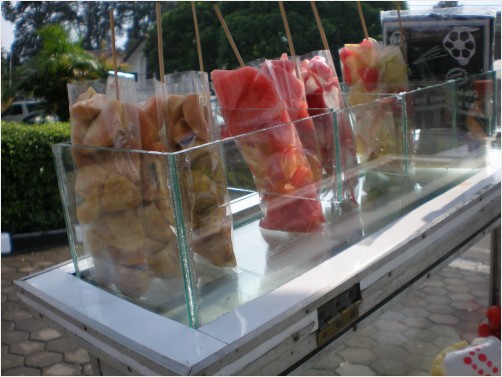
4. Eat More Fiber.
Fiber is good for stroke prevention. Besides in fruits and vegetables, fiber is also contained a lot in beans, peas, and oats.
5. Decrease fat in your body :
Eat less fat and should not be more than 25% of your daily calorie intake. High fat consumption will contribute to arteriosclerosis (the thickening and becoming inelastic of blood vessels) and stroke.
Be Active, Exercise Regularly.
We mostly understand the importance of exercise but often underestimate it. Health experts agree that exercise benefits us for :
- Lowering blood sugar, blood pressure, and blood fats.
- Strengthening heart to be able to optimally pump blood to all parts of the body.
- Burning fat and reduce body weight since over weight makes the body prone to high blood pressure, arteriosclerosis, heart disease, and diabetics.
- Increasing oxygen level in blood.
- Reducing stress and other psychological burdens which indirectly worsen people with stroke risk.

Maintain Your Ideal Weight.
You can measure your ideal weight using the Body Mass Index (BMI) .
BMI = Body Weight in Kilograms ÷ Body Height in Meter squared.
For example, if your weight is 70 Kg and your height's 1.75 m, so your BMI is 70 kg/3.0625 m² = 22.86kg/m² which is considered ideal.
We should maintain our body in the range of ideal BMI around 18.5 - 24.9 kg/m².
One's BMI which is above :
25 kg/m² is considered overweight.
30 kg/m² is considered obese (WHO).
Have Medical Check up.
Medical Check up is important for minimally two important reasons :
First to get information about your blood pressure and the only way to know your blood pressure is by having it checked.
Immediately see the doctor to get needed treatment if the pressure shows higher than normal. High blood pressure which gets the right medical treatment will reduce it to become stroke or heart attack.
Second to know your blood vessels condition and the blood flows inside them. Have your artery around your neck checked to find pinging sounds which indicate blood clot caused by arteriosclerosis.


